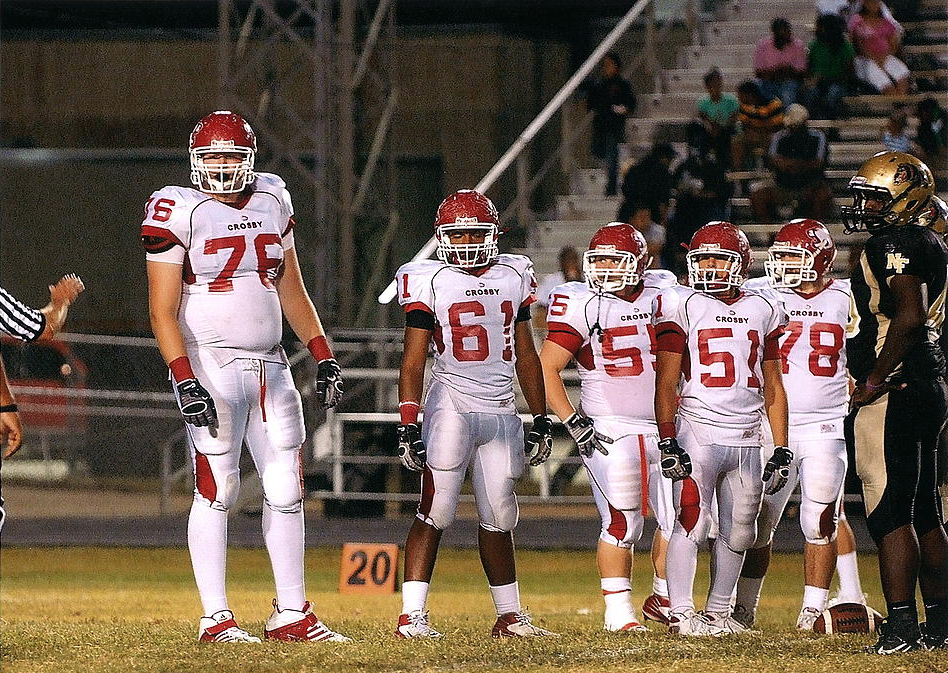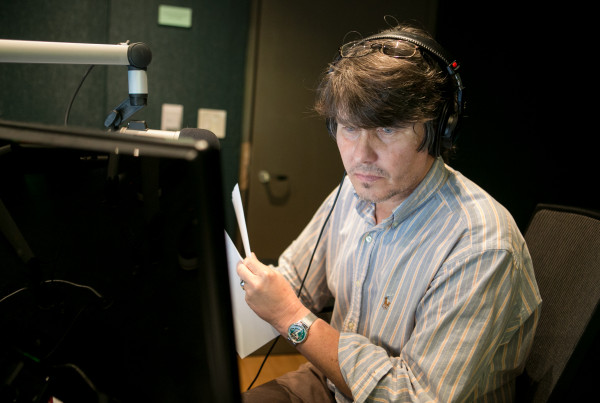Being a parent of a student athlete comes with its own set of concerns. There’s the risk of injury, the constant worrying if your child is eating right and sleeping enough. But what about the risks you can’t see, like undetected heart conditions? It’s a concern Scott Stephens knows all too well.
Stephens lost his son Cody three years ago. Cody was a 6’9” 290 pound football player preparing for first college football training camp – then his heart suddenly gave out.
“Like many students that die from this, he actually died in his sleep. He came home on a Sunday afternoon and said ‘Dad I’m tired, I’m gonna take a nap’ which is pretty unusual for him. He walked by me and sat in our recliner in my bedroom. I went to wake him up several hours later and he’d been gone for a while by then.”
Since then, Stephens started a non-profit in Cody’s honor, Go Big Or Go Home – the foundation aims to help prevent heart problems for other student athletes.
“We’re trying to accomplish prevention,” Stephens says. “We’re trying to give student athlete an enhanced physical which would include a simple ECG screening which could possibly catch many of the heart abnormalities that we’re losing these students to.”
House Bill 767 would require ECG screenings for student athletes as part of their physical examinations.
Not everyone thinks the bill is a good idea, however. The American College of Cardiology and the American Heart Association question the test’s effectiveness – and the expertise of those tasked with administering the tests.
“We have, as a foundation, been involved in screening kids the last two years. We’ve [screened] about 30,000 kids,” Stephens says.” We found that about four percent of the students had an issue that they at least needed to know about. One out of 1000 needed to go into heart surgery. I feel like it’s worthwhile.”
It looks like Texas could be leading the nation on the issue of ECG testing for athletes. Although the Senate has yet to approve the measure, the House has voted to require public high school athletes to get tested before their first and third years of competition.















